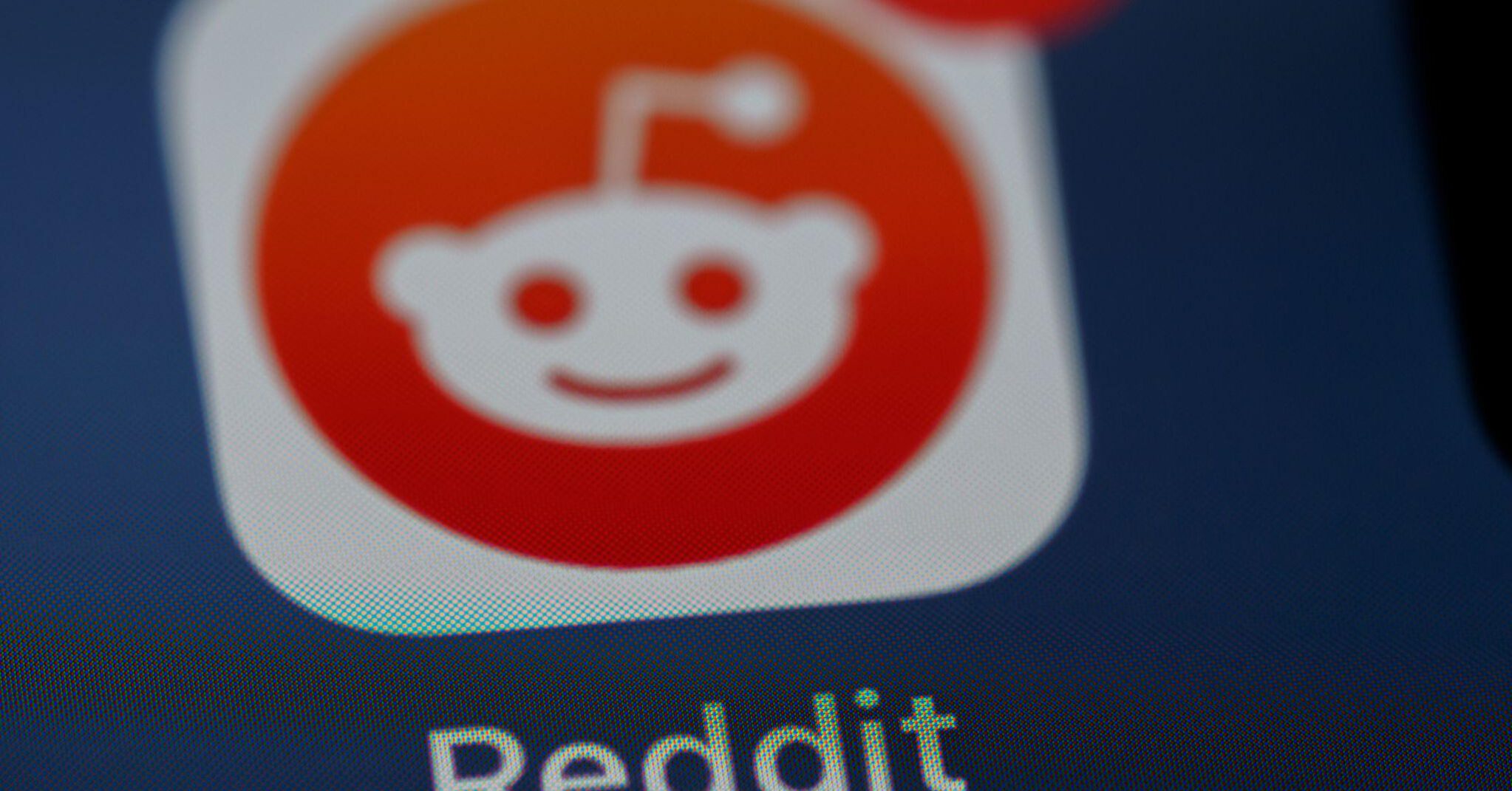Investor communities on social media sites like Reddit are becoming more and more popular. For most, these communities are a way to trade stock tips and share their gains (and losses) with others.
However, Reddit investors are not just interested in making some quick money. Many see themselves as a part of a community that is fighting back against Wall Street insiders. This was made apparent during the GameStop “short squeeze,” when Redditors from r/WallStreetBets took on wealthy hedge funds and cost them billions of dollars.
The sentiment behind the GameStop short squeeze was even compared to the Occupy Wall Street movement. Retail investors were not just concerned about making money — they wanted to fight back against the insiders. This was repeated again with the AMC short squeeze.
But are Redditors right in painting all Hedge Funds with the same brushstroke? Here are some of the tactics explained that Wall Street insiders use and to which Reddit investors object.
Short Selling an ‘Evil’ Practice?
Short selling is probably the most widely known Hedge Fund practice thanks to the GameStop and the AMC short squeeze, and is one of the most used practices, as the name “Hedge Fund” itself is derived from it.
Short selling is a way to profit from a stock that is losing value. It works by borrowing the stock for a given period and selling it immediately. If the stock price in that period declines, the investor will be able to buy it back at a lower price and profit.
However, if the price goes up, the investor will lose money, and potentially a lot of it. There’s no cap on how much a short seller can lose, as a stock can theoretically go up indefinitely.
That’s why short-sellers fear a “short squeeze.” When a shorted stock starts rising unexpectedly, the short-sellers are suddenly under pressure to buy the shares to cover their positions. When they do they only push the stock even higher, hurting other short-sellers.
This is what made some Reddit investors thousands, even millions of dollars. Their gains likely felt even better since they have beaten seasoned Hedge Fund traders to earn them. There’s no reason to condemn Redditors for their earnings. They have played fairly in the market and won.
However, short selling is not an ‘evil’ practice.
While it may seem otherwise, the sale of borrowed shares is not directed against individual investors or against any other group of market participants.
Not everyone succeeds in earning by shorting stocks that are constantly rising, and many short sellers are forced to close unprofitable positions, even if fundamentals say they are right.
Tesla is a great example of short-sellers losing billions.
Seasoned r/WallStreetBets users don’t have a problem with short selling when they are discussing it on the subreddit as a way to make money themselves.
However, some sellers will employ another highly questionable practice: using privileged access to the mainstream media to advertise one’s short positions, opening a whole other question.
Insider Trading – It’s Worse Than You Think
The whole problem of media manipulation is connected to that of privileged information. It is very hard for small investors to gain access to information some of the insiders have.
Insiders have the advantage of being the first to know information that can make them money. This can be linked to their position in companies or personal connections on Wall Street.
This is where retail investors are rightly upset with insiders. But it’s not just some Hedge Funds that engage in these practices.
Some of the best insiders are some of those working in agencies that publish market survey data. In some cases, people in these agencies tend to take advantage of the information in advance.
It is unlikely that this problem will be fixed any time soon. However, small investors should be aware of that fact to protect their investments.
Wrap Up
It’s hard to argue with retail investors on some of the practices insiders engage in. While short selling is a legitimate tactic, it can be used unethically by some. This is especially for insiders that have privileged access to the media. Both media manipulation and insider trading rely on asymmetries in information between insiders and outsiders. A good way to go about it is to do a thorough analysis and evaluation of the companies and the stocks one wishes to buy or sell.




